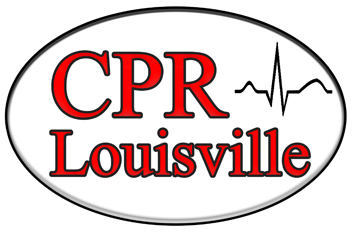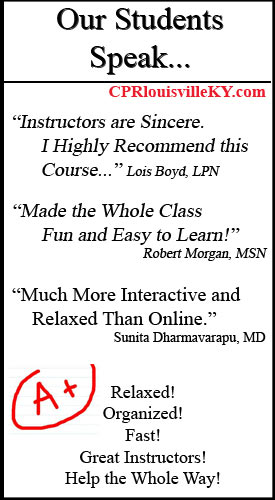In critical moments when someone’s heart stops beating, every second counts. Cardiopulmonary resuscitation (CPR) is a crucial intervention that can mean the difference between life and death. The Chain of Survival is a concept that organizes the steps needed for an effective emergency response to cardiac arrest, ensuring the highest chance of survival. Understanding and implementing this chain is vital for both laypeople and professionals alike. This guide will delve into the components of the Chain of Survival, highlighting their importance and offering practical insights from CPR Louisville, an American Heart Association training site.
What is the Chain of Survival?
The Chain of Survival is a framework that outlines the essential steps required to increase the likelihood of survival following a cardiac arrest. Developed by the American Heart Association, the concept has evolved, integrating advancements in medical knowledge and technology. The chain consists of five key links: early recognition and call for help, early CPR, rapid defibrillation, advanced life support, and post-resuscitation care. Each link is critical, and understanding their interconnectedness can empower individuals to act swiftly and effectively in emergencies.
Early Recognition and Call for Help
Early recognition and prompt calling for help are the first links in the Chain of Survival. Identifying the signs of cardiac arrest, such as sudden collapse, lack of responsiveness, and absence of normal breathing, is essential. Immediate action involves calling emergency services (911) to ensure professional medical help is on the way. The sooner these steps are taken, the better the chances of survival. Quick recognition and response set the stage for subsequent lifesaving actions, highlighting the importance of being observant and prepared to act without hesitation.
Early CPR
Early CPR is the next vital link in the chain. CPR is a lifesaving technique that maintains blood flow to the brain and heart until professional help arrives. Early initiation of CPR can double or even triple the chances of survival after cardiac arrest. Basic techniques include chest compressions and rescue breaths, though hands-only CPR (focusing solely on chest compressions) is also effective and recommended for untrained bystanders. Common misconceptions, such as the fear of causing harm, often deter people from performing CPR. However, with proper training, such as the hands-on approach offered by CPR Louisville, these fears can be alleviated, enabling more people to act confidently in emergencies.
Rapid Defibrillation
Rapid defibrillation is the third link and a critical step in the Chain of Survival. Defibrillation involves delivering an electric shock to the heart to restore a normal rhythm. Automated External Defibrillators (AEDs) are designed to be user-friendly and can be found in many public places, such as airports, malls, and schools. AEDs guide users through the defibrillation process with visual and audio prompts, making it accessible for anyone to use in an emergency. CPR Louisville provides comprehensive training on AED usage, ensuring that participants are well-prepared to utilize these devices effectively.
Advanced Life Support
Advanced Life Support is the fourth link, involving the intervention of healthcare professionals who provide more sophisticated medical care. ALS includes techniques such as intubation, administration of medications, and advanced airway management. These interventions are crucial in stabilizing the patient and addressing underlying issues that caused the cardiac arrest. CPR Louisville offers a range of courses, including Basic Life Support (BLS) for Healthcare Providers, Advanced Cardiovascular Life Support (ACLS), and Pediatric Advanced Life Support (PALS), equipping healthcare professionals with the necessary skills to deliver advanced care.
Post-Resuscitation Care
Post-resuscitation care, the final link in the Chain of Survival, is vital for the patient’s recovery and long-term health outcomes. This phase includes comprehensive medical care, monitoring, and rehabilitation to support the patient’s return to normal life. Post-resuscitation care can significantly impact the quality of life and survival rates following cardiac arrest. CPR Louisville’s training programs in CPR and First Aid emphasize the importance of this care, preparing participants to provide continued support until professional medical help can take over.
Conclusion
The Chain of Survival underscores the critical role of timely and effective actions in saving lives. Each link, from early recognition and CPR to advanced medical care and post-resuscitation support, plays an essential part in ensuring the best possible outcome for cardiac arrest victims. Importantly, anyone can learn CPR and be equipped to act in emergencies. With accessible training programs like those offered at CPR Louisville, individuals can gain the confidence and skills needed to make a lifesaving difference.
In conclusion, understanding the Chain of Survival in CPR is a powerful tool that can transform bystanders into lifesavers. By recognizing the signs of cardiac arrest, performing early CPR, using AEDs effectively, and providing or supporting advanced and post-resuscitation care, we can significantly improve survival rates. We encourage everyone to learn CPR and become a crucial link in the Chain of Survival. Enroll in a CPR training course today and be prepared to save a life.





